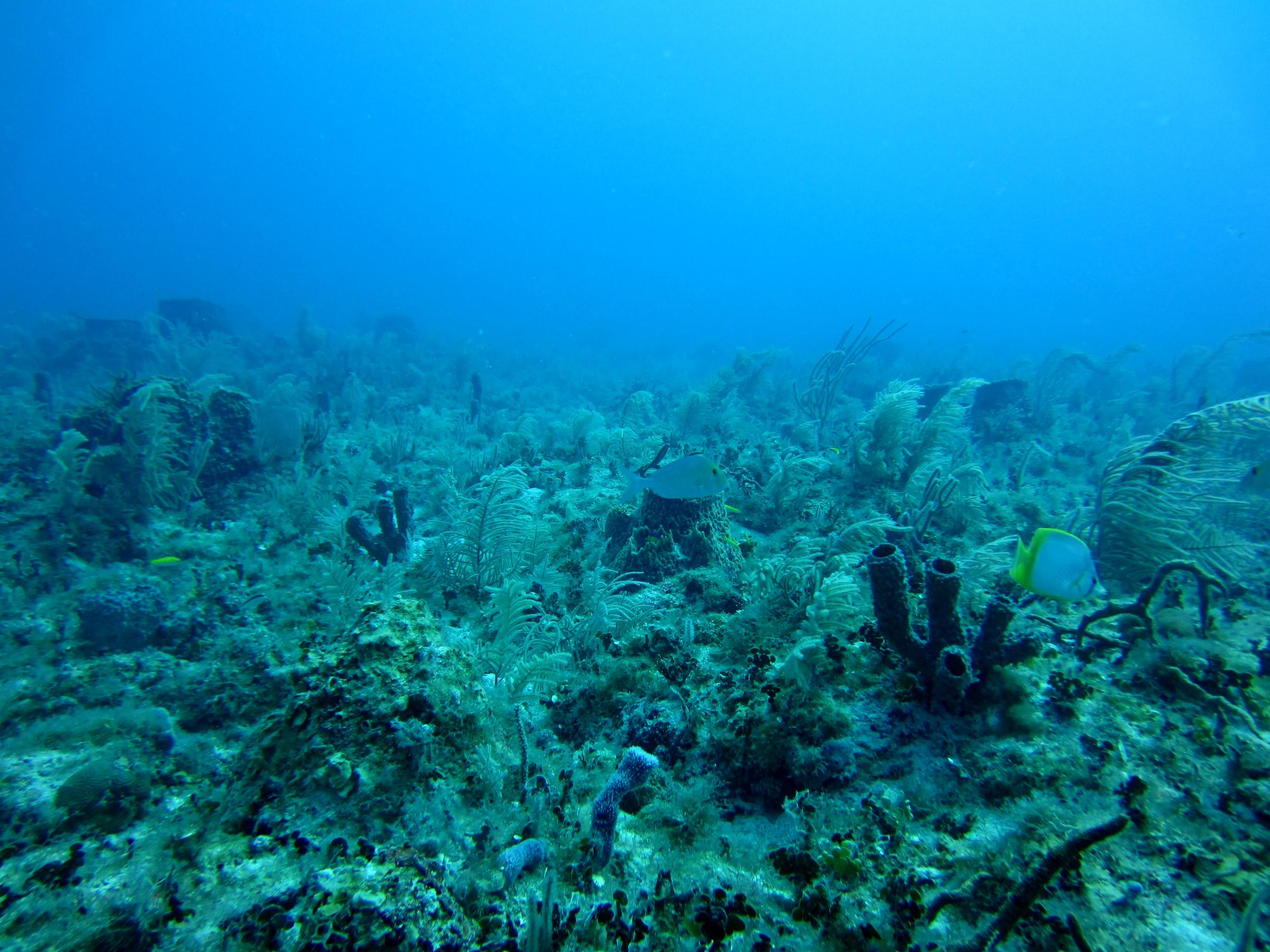Environmental Corner

From 17th to the 21st August has been National Science week and this year it is celebrating the Year of the Ocean. This newsletter I will be concentrating on tips to help the ocean and the marine life that it supports.
So here are the tips:
Conserve Water
Use less water so excess runoff and wastewater will not flow into the ocean.
Reduce Pollutants
Choose nontoxic chemicals and dispose of herbicides, pesticides, and cleaning products properly.
Make Safe, Sustainable Seafood Choices
Global fish populations are rapidly being depleted due to demand, loss of habitat, and unsustainable fishing practices. When shopping or dining out, help reduce the demand for over exploited species by choosing seafood that is both healthy and sustainable. Below is a link to the Marine Stewardship Council which outlines how to find sustainable seafood.
https://www.msc.org/en-au/what-you-can-do/where-to-buy-MSC-certified-sustainable-seafood
Use Fewer Plastic Products
Scientist consider plastics as one of the major factors that are affecting the oceans. Plastics that end up as ocean debris contribute to habitat destruction and entangle and kill tens of thousands of marine animals each year. To limit your impact, carry a reusable water bottle, store food in non-disposable containers, bring your own cloth tote or other reusable bag when shopping, and recycle whenever possible.
Don't Purchase Items That Exploit Marine Life
Certain products contribute to the harming of fragile coral reefs and marine populations. Avoid purchasing items such as coral jewellery, tortoiseshell hair accessories (made from hawksbill turtles), and shark products.
Be an Ocean-Friendly Pet Owner
Read pet food labels and consider seafood sustainability when choosing a diet for your pet. Never flush cat litter, which can contain pathogens harmful to marine life. Avoid stocking your aquarium with wild-caught saltwater fish, and never release any aquarium fish into the ocean or other bodies of water, a practice that can introduce non-native species harmful to the existing ecosystem.
Elizabeth Allan
Head of Science
